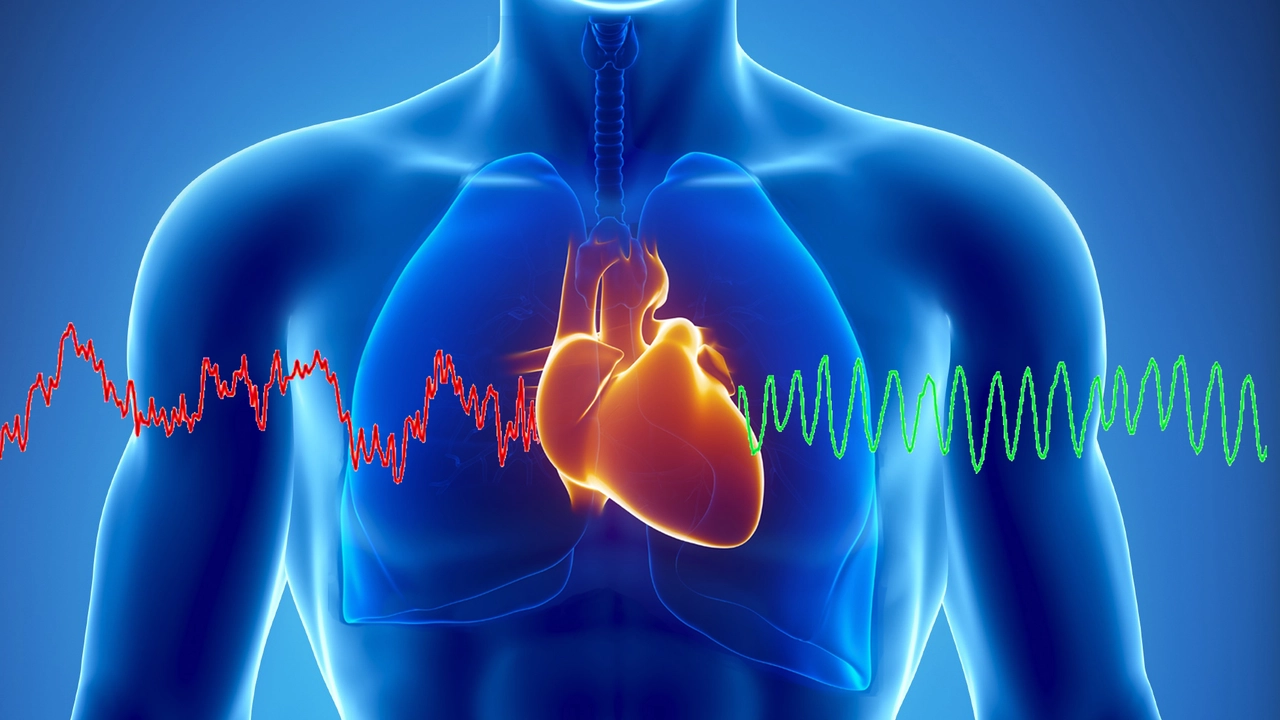Hi guys, in today's post we're addressing a topic that has been on my mind for a while - can a strike to the chest actually stop the heart? We'll dig into the science behind the heart's functionality, explore what kind of impact could possibly disrupt it, and discuss ways to ensure heart health even in physically demanding situations. Remember, understanding our bodies is a key step towards keeping them safe. Stick around for an enlightening discussion!
Heart Stoppage Moments: Why Sports Can Make Your Pulse Race
Ever watched a game and felt your chest tighten as the action unfolded? That quick spike of adrenaline is what we call a heart‑stoppage moment. It’s the instantly gripping play that makes you jump out of your seat, shout, or even hold your breath. In this article we’ll break down why these moments happen, share a few classic examples, and give you practical tips to enjoy the rush without overdoing it.
What Creates a Heart‑Stoppage Play?
First off, a heart‑stopping play usually has three ingredients: surprise, high stakes, and speed. When a player pulls off an unexpected move—like a last‑second three‑pointer or a break‑away touchdown—your brain registers a sudden change in the expected outcome. The higher the stakes (playoffs, championship, a record on the line), the louder the internal alarm goes. Fast‑paced action adds the final boost, pushing your heart rate up in seconds.
Our bodies are wired to respond to sudden, high‑energy events. The release of adrenaline spikes your blood pressure, sharpens focus, and makes you feel alive. That’s why a single swing of a bat, a diving catch, or a perfect serve can feel like a mini‑adrenaline rush that lasts for a few seconds but leaves a lasting memory.
Classic Heart‑Stoppage Examples You’ll Remember
Think about the 2016 NBA Finals Game 7. With less than a minute left, Kyrie Irving hit a step‑back three that gave the Cavaliers the lead. The arena went quiet for a beat, then erupted. That single shot ticked all three ingredients: surprise, final‑game pressure, and lightning‑quick execution.
Another iconic moment is the 2005 Super Bowl when the New England Patriots executed a flawless two‑minute drill, ending with a game‑winning field goal as time expired. Fans felt the whole stadium hold its breath—exactly the heart‑stoppage vibe we love.
Even in baseball, a walk‑off home run in the bottom of the ninth can freeze time for those watching. The sudden shift from a tie to a win in the blink of an eye creates that same surge.
Now, you might wonder if you can safely enjoy these intense moments, especially if you have a heart condition. The key is listening to your body. If you feel dizzy, chest pain, or extreme shortness of breath, pause the excitement and seek medical advice. Most fans can handle the thrill without issue, but it’s smart to know your limits.
When you’re watching live, keep a glass of water nearby, stand up for a quick stretch between quarters, and avoid heavy snacks that can make you feel sluggish. If you’re playing, remember that contact sports may pose extra risk if you have a heart stent or similar condition—non‑contact or low‑impact activities are safer options.
Finally, share the excitement with friends. Talking about the play right after it happens can help calm the adrenaline surge and let you relive the moment without staying in a high‑stress state.
Heart‑stoppage moments are the spice that keeps sports fresh and unforgettable. By understanding why they trigger such strong reactions and taking a few simple precautions, you can enjoy every jaw‑dropping play safely and fully.
